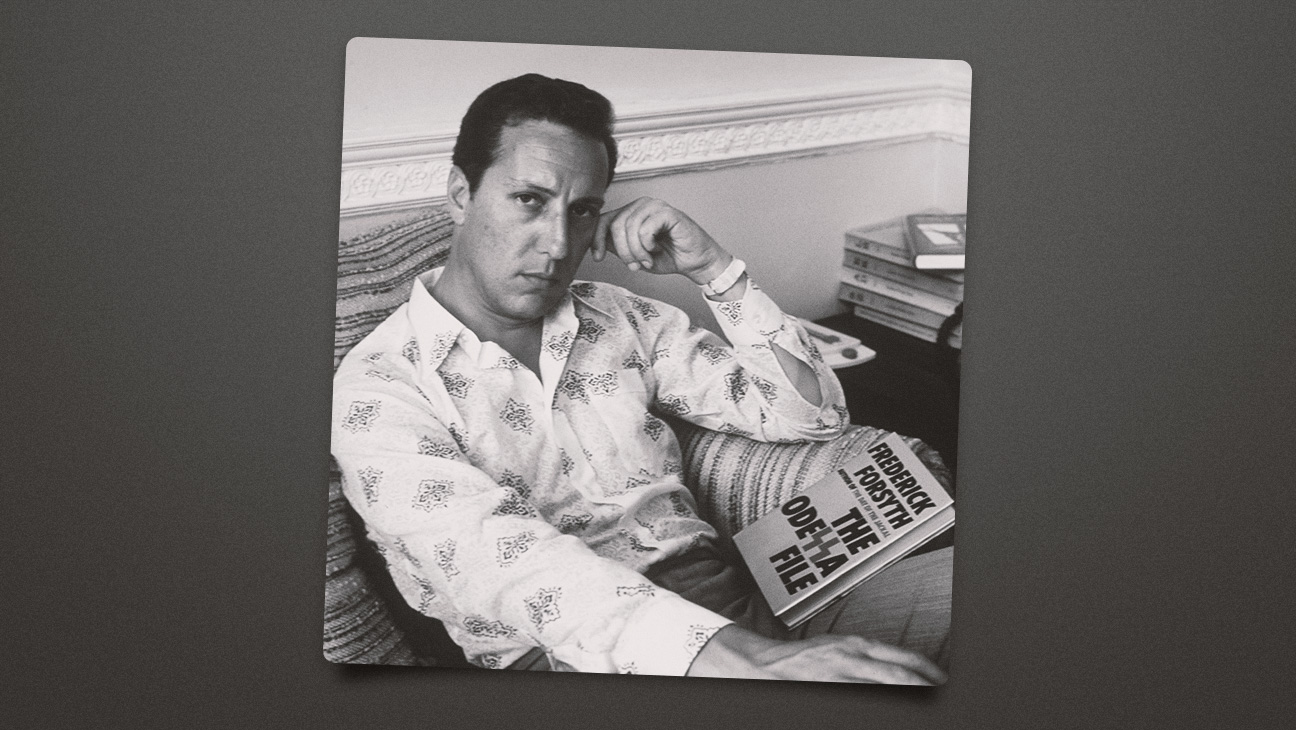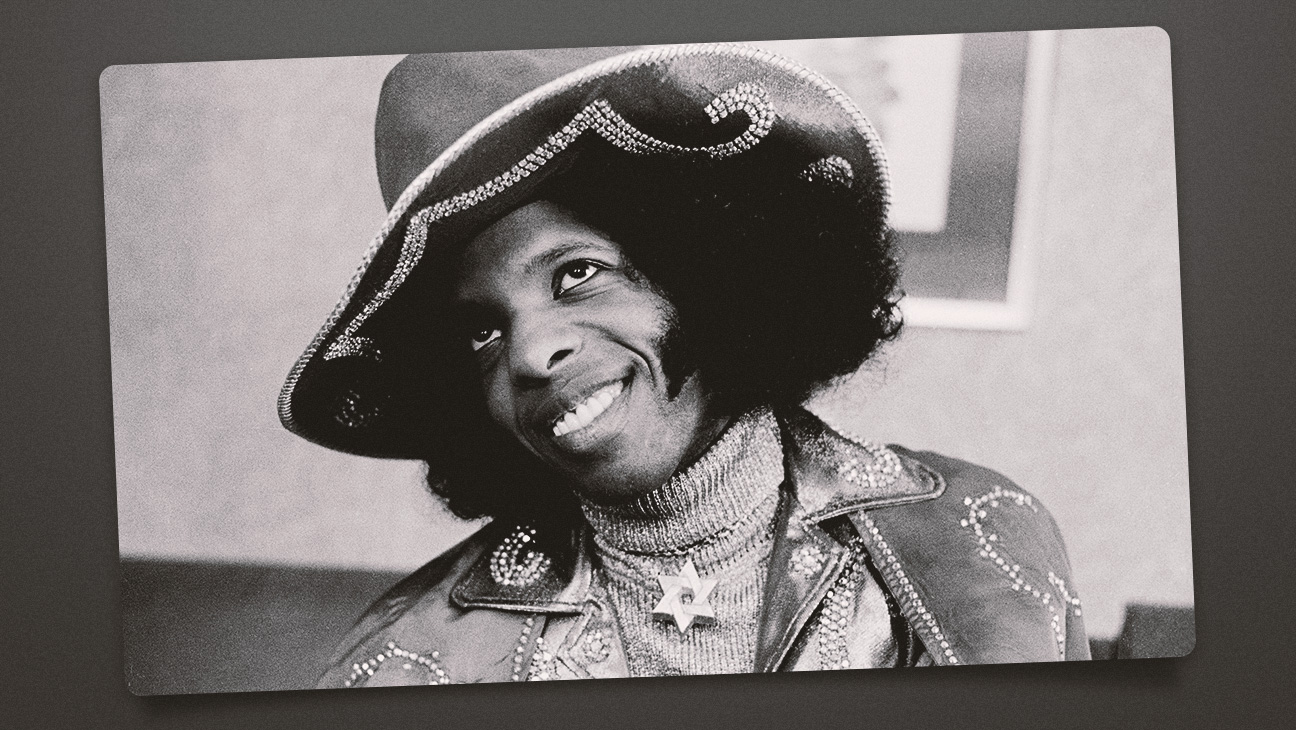Maybe it really has ended.
In a dramatic turn, a federal judge in New York on Monday tossed out Justin Baldoni and Wayfarer’s entire $400 million defamation and extortion lawsuit against actress Blake Lively after determining, among other other rulings, that her allegations of sexual harassment on the set of the film It Ends With Us are legally protected and therefore immune from the suit.
Baldoni’s January 2025 suit also named Lively’s husband, Ryan Reynolds, her longtime publicist Leslie Sloane and The New York Times as defendants alongside Lively. It was logged days after the newspaper’s Pulitzer Prize-winning #MeToo journalist Megan Twohey published a story outlining her claims against Baldoni and Wayfarer, including how they weaponized social media to “astroturf” the actress around the time of the pic’s release in summer 2024.
The Times piece coincided with a complaint Lively filed just before Christmas with the California Civil Rights Commission. Days later, Lively formally lodged an almost identical complaint with federal court in New York, prompting Baldoni and Wayfarer to file their own countersuit action (the two cases were quickly combined).
“Today’s opinion is a total victory and a complete vindication for Blake Lively, along with those that Justin Baldoni and the Wayfarer Parties dragged into their retaliatory lawsuit, including Ryan Reynolds, Leslie Sloane and The New York Times,” Lively’s lawyers Esra Hudson and Mike Gottlieb said in a statement. “As we have said from day one, this $400 million lawsuit was a sham, and the court saw right through it.”
Judge Lewis J. Liman of the Southern District did, however, leave the door open for Wayfarer and Baldoni’s legal team, led by Bryan Freedman, to file an amended lawsuit relating to limited contractual obligations. He also denied a request that Freedman’s side be ordered to pay legal fees, albeit without prejudice.
That didn’t seem to deter Gottlieb and Hudson, who say they look forward to the next battle in court toward “seeking attorneys’ fees, treble damages and punitive damages” against Baldoni and Wayfarer’s billionaire partner and backer, Steve Sarowitz.
The Baldoni-Lively legal saga has gripped Hollywood for months. Liman’s 132-page ruling would seem to indicate it might be time for all to move on.
Among other key findings, Liman wrote, “Even if they turn out to be unneeded, an employee can insist on protections at workplace for sexual harassment without being accused of extortion. If an employer accedes, it cannot later claim to be a victim of the employee’s wrongful threats.”
He also returned again and again to the notion that Wayfarer somehow lost out on any money because it was Lively’s cut of the film — which grossed north of $350 million globally — that was released into the world. “Accepting the allegations, Wayfarer gave up on releasing its preferred version of the movie, a cut by Baldoni, in favor of a version that Lively preferred. But there is no allegation that Baldoni’s version of the movie was of greater value than Lively’s. For that independent reason, the Wayfarer Parties’ civil extortion claim related to the demands for creative control fails,” stated the ruling.
Freedman and Baldoni didn’t immediately respond to requests for comment. They have repeatedly argued that Lively wrested control of the film, both from Wayfarer and distribution partner Sony, by threatening to not promote it unless she could cut her own version of the film.
“The Wayfarer Parties cannot recover for Lively’s alleged actions to steal creative control of the film from Baldoni and the Wayfarer Parties. Regardless of the propriety of these actions, they do not constitute civil extortion under California law,” Liman said in his ruling. “However, the Wayfarer Parties have not adequately alleged that Lively’s threats were wrongful extortion rather than legally permissible hard bargaining or renegotiation of working conditions. Additionally, the Wayfarer Parties have not shown that some of Lively’s allegedly extortionate acts damaged them. The Wayfarer Parties also cannot recover on their defamation claims. The Wayfarer Parties have not alleged that Lively is responsible for any statements other than the statements in her CRD complaint, which are privileged.”
And in regards to a hotly contested document Lively allegedly never signed assuring that she would promote the film, Liman wrote, “There also is no allegation that Lively had a contractual obligation to promote the film; if not, there is no basis to assume that the value that she conveyed in terms of her willingness to promote represented anything other than a fair trade for the Wayfarer Parties’ willingness to use her cut.”
Liman also suggested it wasn’t defamation for Reynolds to tell his agents at WME — which at the time represented Baldoni — that Baldoni was a sexual predator since he may have genuinely believed it was true with no malice intended. Baldoni was soon dropped from the agency; his contract with WME is one of the topics the judge would allow to be included in a limited amended filing.
In a statement following the ruling, a Times spokesperson added, “We are grateful to the court for seeing the lawsuit against The New York Times for what it was: a meritless attempt to stifle honest reporting. Our journalists went out and covered carefully and fairly a story of public importance, and the court recognized that the law is designed to protect just that sort of journalism. We will continue to stand up in court for our journalism and for our journalists when their work comes under attack.”
June 9, 2:30 p.m.: Updated with additional details.














Leave a Reply